All Stories
-
 Astronomy
AstronomyA look back in time reveals Milky Way’s evolution
A sample of galaxies covering 11 billion years of cosmic history helps astronomers document how the Milky Way evolved.
-
 Science & Society
Science & SocietyUnbiased computer confirms media bias
A computer algorithm can identify a media outlet’s bias just by the quotes it chooses from political speeches, surrounding context aside.
-
 Health & Medicine
Health & MedicineApple’s ResearchKit wants your health data
Apple seeks recruits for health studies. But with uncertain measurements and lots of effort required to participate, the desire to help research may extend only so far.
-
 Astronomy
AstronomyX-rays offer early warning for solar flares
X-rays shot out by the sun foretell the intensity of an upcoming solar flare, new research suggests.
-
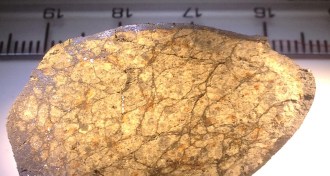 Planetary Science
Planetary ScienceThe moon is about as old as we thought it was
Meteorite heat signatures pinpoint the age of the collision that created the moon — confirming many previous lunar age estimates.
-
 Astronomy
AstronomyRinging rings reveal Saturn’s innards
Scientists propose that exotic structures are buried within Saturn, based on analyses of subtle vibrations in the planet’s rings.
By Andrew Grant -
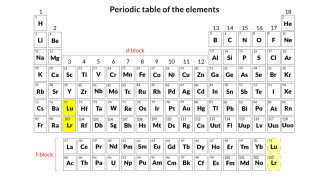 Chemistry
ChemistryNew data on synthetic element trigger rethink of periodic table
New data on lawrencium, element 103, trigger rethink of periodic table.
By Beth Mole -
 Animals
AnimalsGazing deeply into your dog’s eyes unleashes chemical attraction
Dogs and people gazing into each other’s eyes give each other a bond-strengthening rush of oxytocin.
By Susan Milius -
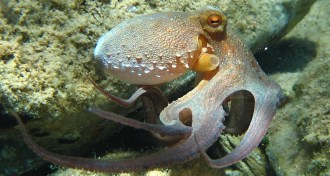 Life
LifeOctopuses move with uncoordinated arms
An octopus crawls unlike any other animal. Mimicking the cephalopod’s control over its movements may lead to more agile robots.
-
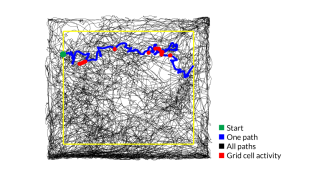 Neuroscience
NeuroscienceWhen brain’s GPS goes awry, barriers can reboot it
Brain’s internal map self-corrects when it hits a (literal) wall.
-
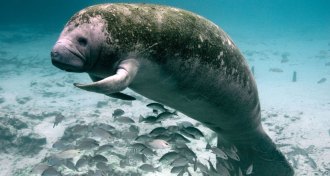 Animals
AnimalsHow many manatees live in Florida?
The most recent official count reports more than 6,000 manatees in Florida waters, but a new estimate may give a better picture of the population.
-
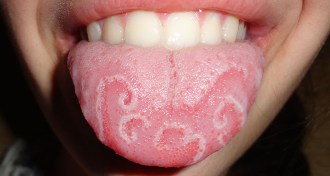 Life
Life‘Geographic tongue’ creates unique topography
A condition called ‘geographic tongue’ makes mouth organ appear maplike.